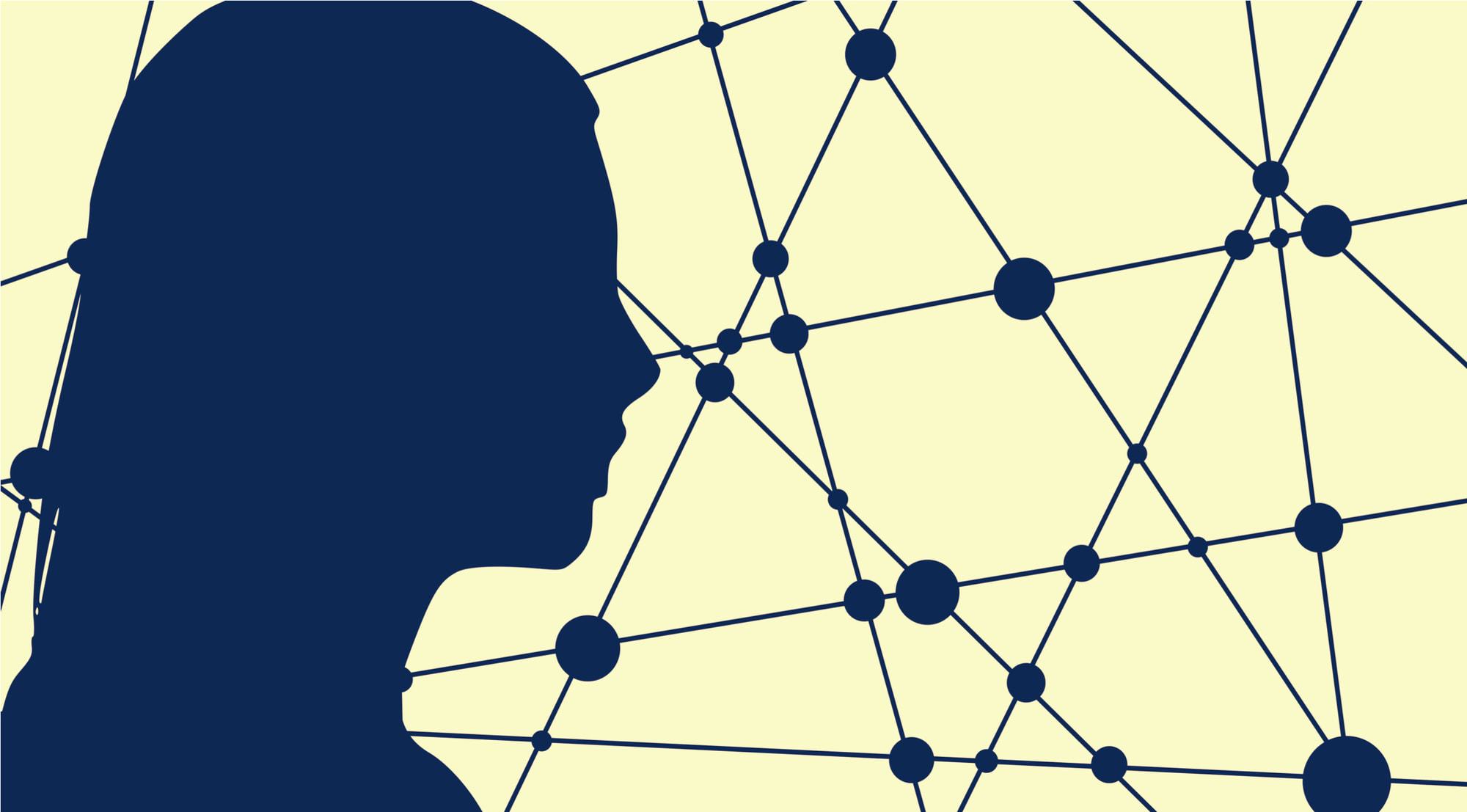One of the upshots of the UK’s relative focus on a long tail of clubs and societies and the dominant model of student led extracurricular activity is a relative lack of focus on large, high profile events.
Across Europe on our study tours we’ve tended to come across all sorts of alternatives – festivals, events, small businesses, individual services, innovative projects and one off campaigns – many of which seem to offer much more interesting entries on the CV than “I was on the sub committee that organised the Enviro Soc dinner”.
It’s also the case that when SUs survey students, employment is up there as a concern, and the views of students on the sort of career they want always increasingly find that students are yearning for employers with values and employment that will harness their creativity. But what do SUs really do to advance those interests?
We don’t tend to do case studies much here at Wonkhe towers, but the above is what makes this week’s Create Tomorrow event – held every May on campus at the University of Twente – so interesting.
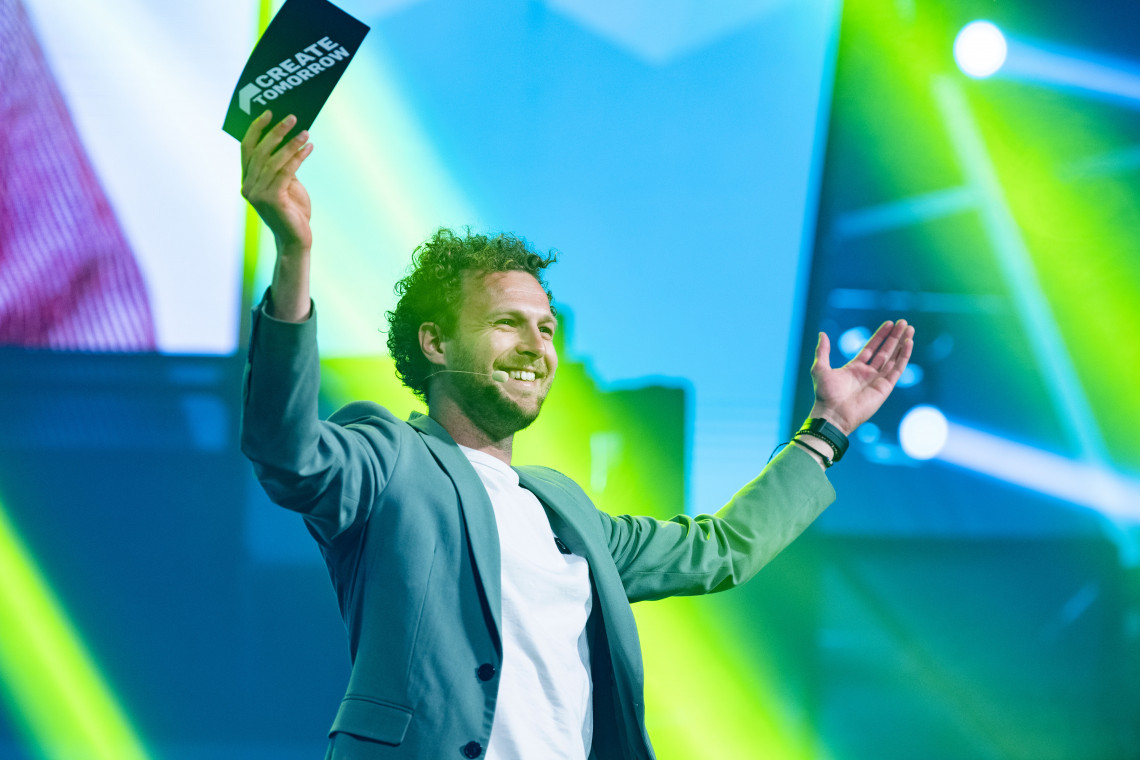
On the case
A concept that originated in the US, a “case competition” is one where participants – usually students – are given a problem and attempt to develop the best solution to it within an allocated time frame, typically in teams of two or more individuals pitted against each other.
Teams work on the “case” throughout the day, get advice on how to go about that either beforehand or during the event, and then deliver presentations for judges – who are often drawn from the companies who collaborated on (and often funded) the event to start with.
And over in the Netherlands, Twente SU’s “Create Tomorrow” is the biggest one in the world:
Innovation is the process undertaken to conceptualize brand new products, processes and ideas; or to approach existing products, processes and ideas in new ways. It is crucial to the continuing success of any organization. Unfortunately, innovation is not a spontaneous process. That’s where Create Tomorrow comes in! Students get the opportunity to closely work together with companies on the problems of tomorrow, striving for innovation.”
The scale of the thing is hard to explain. A huge temporary venue is erected on campus, and holds over 1,000 participating students for the day, along with student volunteer crew, university staff and reps from the graduate recruiters and sponsors setting the cases – which can be about Technology, Infrastructure, Healthcare or Sustainability.
The focus on it being a memorable, even life changing day is clear:
Problems of the future are important to think about. However, it is also important to enjoy the present. During the event; interesting speakers, entertainment and lightshows will keep you entertained. The think tank will be concluded with an epic afterparty!”
And the importance of the event’s role in forging connections – both between students and between students and companies – is clear too:
Not only is there the possibility to connect with fellow students, but also with innovators from national and international companies.
Post Covid slump
It’s been running for over a decade, but almost didn’t happen last year. It helps that the university and SU’s innovative student funding scheme “buys out” a whole range of student volunteers to take part in running the boards of projects and events like this, effectively creating a group of sabbs to make this project happen – but even so, post-Covid last year they couldn’t recruit a committee to make it happen:
SU chairman Koen Hasperhoven says that it is ‘not yet entirely clear’ whether the think tank will be permanently scrapped next year. ‘We may still find a form. For 2022, we are looking at how we can organise something together with Novel-T.’ The problem? ‘It was not possible to find enough students for the committee,’ says Hasperhoven. ‘That’s why trainees are going to work to investigate how the event can best be set up in the future.’ It is not the intention that the think tank, held for the tenth time this year, will disappear, says the SU chairman. ‘It is an important event to bring students and the business community into contact with each other, we definitely see that value.’
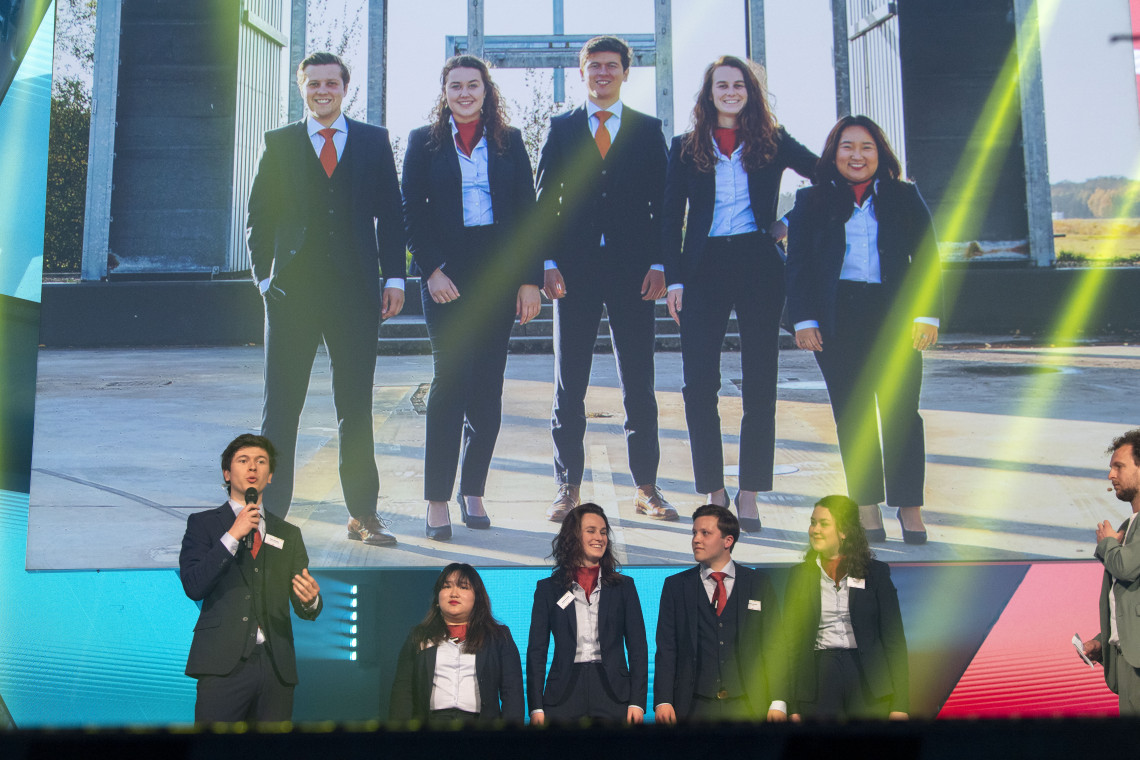
So the largely student staff of Twente SU set about rekindling interest – got companies and sponsors on board – and it returned in dramatic fashion on Wednesday. Here’s the lecture shout out video the board made:
Four thousand euros
After an opening show, teams grabbed coffee and started brainstorming possible solutions for their problem. Two and a half hours later they had to hand in a first draft solution at the brainstorm deadline.
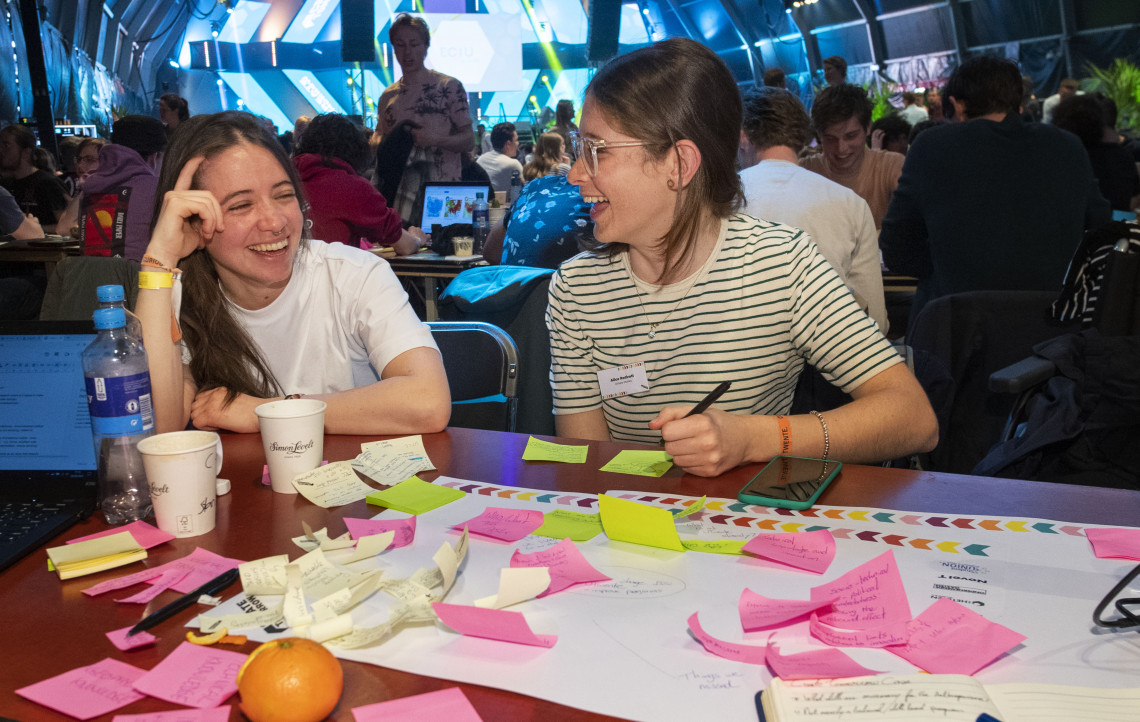
Then after lunch and a keynote speaker, teams made solutions more concrete and prepared their pitch during the prototyping phase. Partners peppered the day with workshops on things like creativity, “Brain Writing” and pitching, and then after a dinner and results, a huge after party was held.
The winning team consisted of two Twente Business Information Technology students and two from the InHolland University of Applied Sciences in Haarlem – who as of Monday afternoon had not met. “We just went in there with the idea to have fun”, says Van Amelsvoort, one of the Twente students. “It was quite random, if you realise that we didn’t know half of our team until yesterday morning. But that turned out quite well in the end.”
He’s not kidding. The team takes home 4,000 euros in prize money.
Down the toilet
The team had spent the day working on a “case” from the Netherlands province of Overijssel, who had asked students to address a looming water shortage. Their solution was to use “grey water” (slightly polluted wastewater) for flushing toilets:
Systems do exist to use grey water for this purpose… But those are incredibly expensive and there is certainly no incentive for homeowners, because there’s no financial gain for them. So we came up with a circular system for the bathroom. There you often find both a shower, a washing machine and a toilet. You could link these together via a relatively inexpensive and straightforward system.”
The team also came up with ideas for a pilot project in the centre of Enschede, which is the city where Twente is based. The big idea there was a fountain in the city centre, from which water could be used to flush toilets in the adjacent town hall:
This way, the municipality itself can set a good example to its citizens”.
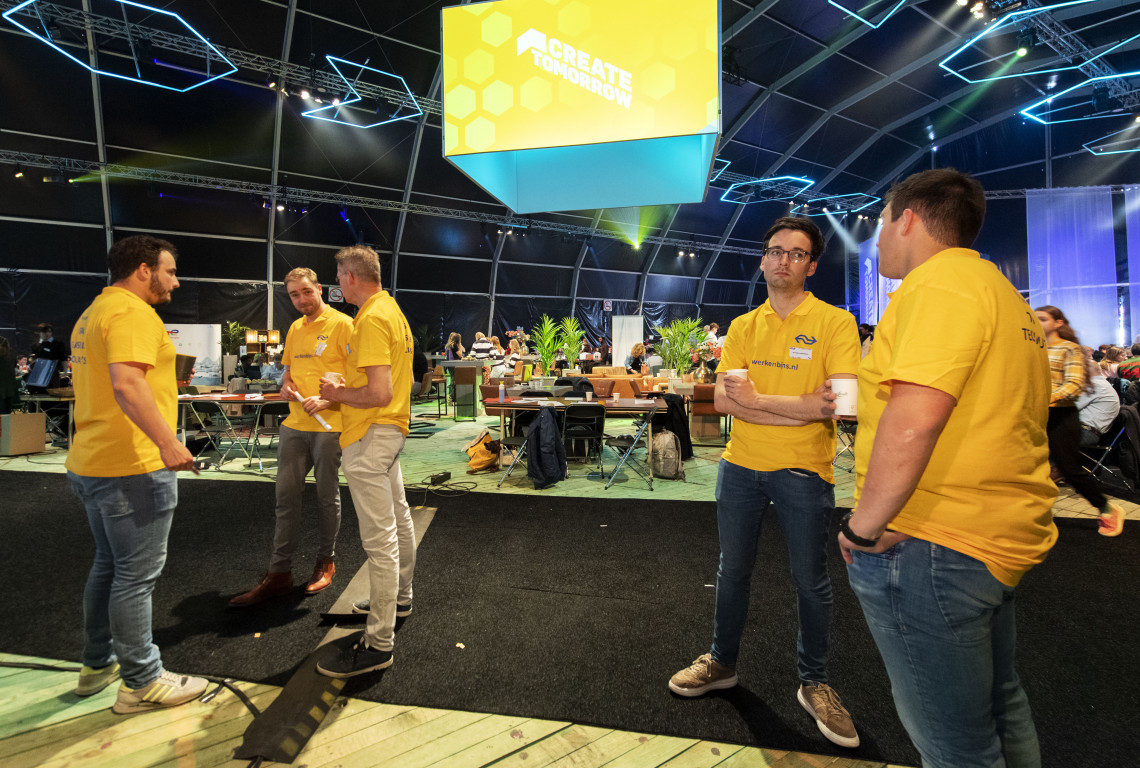
For the partners, students over the years have created a formal “impact method” – setting goals and challenges, delivering events and then following up on exciting solutions. “Together with a thousand students”, companies are offered the chance to work on “real problems” while making “valuable connections”.
And from students, the feedback is glowing – the chance to take part in an event where they’re interacting with companies but in a way that’s about social connection, creativity and solving real problems (rather than shoehorning committee experience into their CV) shines through.
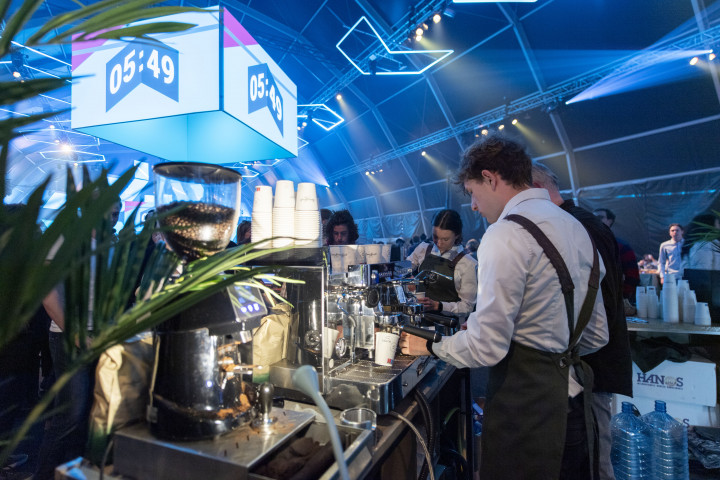
Could an SU replicate this kind of success? Maybe. The nature of the university and its focus on problem solving helps, and the STEM character of the curriculum does too – as well as the student funding system I mentioned earlier.
Crucially, what the event sets out to do is unleash ambition and creativity in students – both in those who take part, and those who organise the event. As SUs consider their strategies in light of both things like B3 metrics but also student emotions around their careers, there’s almost certainly an opportunity to try to unleash some of that creativity in the UK too:
Inspiration is important to stimulate creative and innovative thinking. There will be a range of innovative companies and interesting speakers who are there to inspire and motivate. Groundbreaking ideas follow from inspired thinkers.”
Photos courtesy of U-Today, the “independent journalistic medium” at the University of Twente (UT).



